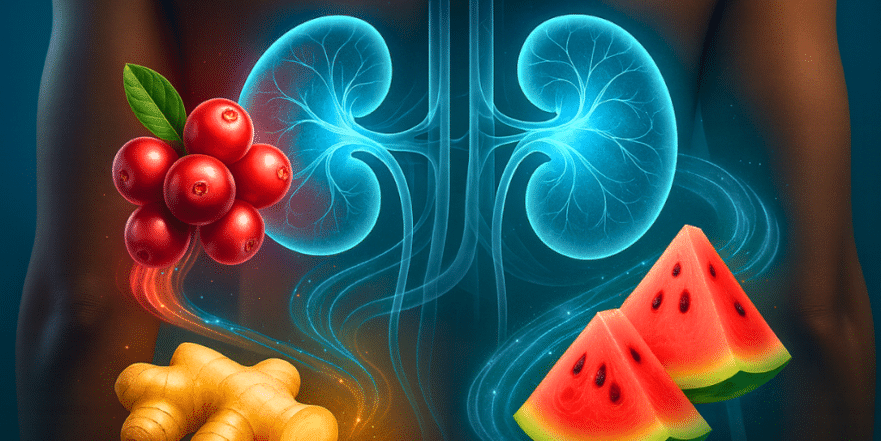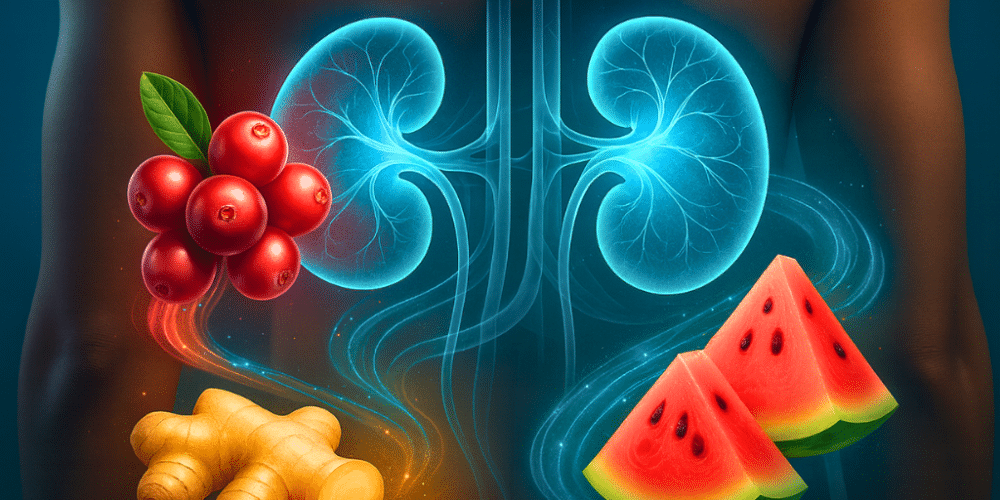
Are you feeling sluggish, puffy, or just not your best? The answer might not be in your coffee cup or your sleep schedule, but in two bean-shaped organs working tirelessly inside you. Your kidneys are one of the most important, yet often overlooked, organs in your entire body. Think about this: they filter your entire blood supply roughly every 30 minutes, pulling out toxins, waste products, and excess fluid to be flushed away. When they’re working well, you feel energetic and vibrant. But when they’re struggling, your whole system can feel the burden.
Unfortunately, our modern lifestyle can be incredibly tough on our kidneys. Things like overusing painkillers, a diet high in salt and processed foods, not drinking enough water, chronic stress, and even skimping on sleep can put a tremendous strain on these vital filters. Over time, this can lead to a buildup of toxins, inflammation, and even serious issues like kidney stones. The good news is that you have the power to support your kidneys and help them do their job more effectively. By incorporating specific, powerful foods and juices into your diet, you can help cleanse your kidneys, reduce inflammation, and protect them for years to come. This isn’t about a harsh, restrictive detox; it’s about nourishing your body with what it needs to thrive. (Based on the insights of Dr, Mandell)
Key Takeaways
- Your Kidneys are Vital Filters: They are crucial for removing waste, balancing your body’s electrolytes, regulating blood pressure, and even producing hormones essential for bone and blood health.
- Lifestyle Matters: Common habits like eating processed foods, consuming too much sugar and salt, and chronic dehydration can significantly damage kidney function over time.
- Hydration is #1: The single most important step you can take for your kidneys is to drink enough water to help them flush out toxins effectively.
- Nature Provides a Solution: Certain foods, herbs, and juices contain powerful compounds that act as natural diuretics, anti-inflammatories, and cleansers to support and protect your kidneys.
- Prevention is Key: Incorporating these items into your regular diet can help prevent the formation of painful kidney stones and reduce the overall toxic load on your body.
13. Cranberry Juice: The UTI Fighter
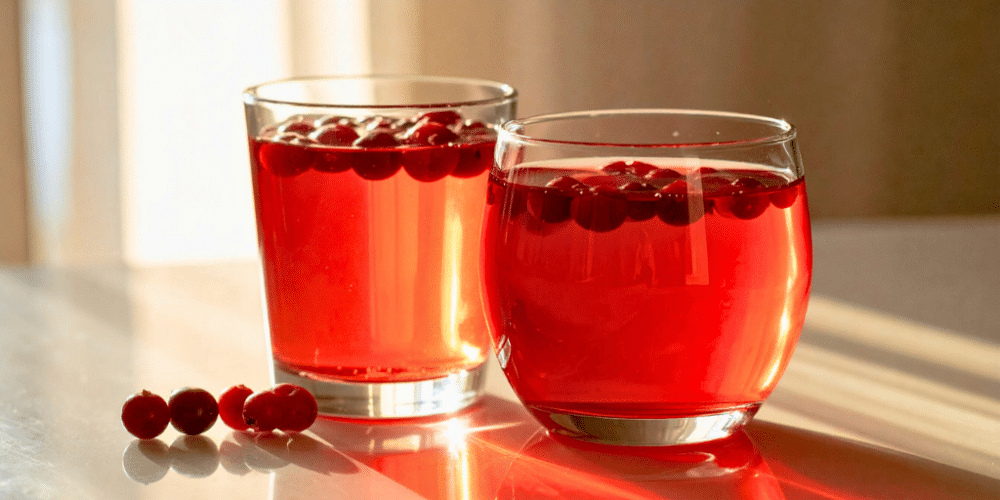
You’ve likely heard that cranberry juice is the go-to remedy for urinary tract infections (UTIs), and there’s a good reason for that. Cranberries contain compounds called proanthocyanidins, which have a unique anti-adhesion property. This means they help prevent bacteria, particularly E. coli, from sticking to the walls of your bladder and urethra, allowing your body to flush them out before an infection can take hold.
But its benefits don’t stop there. Cranberry juice is also fantastic for cleansing the kidneys themselves. It can help wash away excess calcium oxalate, which is one of the primary components of the most common type of kidney stones. By reducing the buildup of this compound, you actively lower your risk of developing these painful stones. When choosing a juice, be sure to opt for pure, unsweetened cranberry juice. The sugar-laden cocktail versions can actually be counterproductive, as high sugar intake is another stressor for your kidneys.
12. Beets: The Purple Powerhouse

Beets and their vibrant juice are packed with a beneficial phytochemical called betaine. This compound is a potent antioxidant, meaning it helps protect your cells—including those in your kidneys—from damage caused by oxidative stress. Every day, your body is exposed to free radicals from pollution, processed foods, and normal metabolic processes. Antioxidants like betaine neutralize these harmful molecules, keeping your organs healthy.
Furthermore, betaine can help increase the acidity of your urine. This slight change in pH can be beneficial in preventing the formation of certain types of kidney stones and can discourage bacterial growth. Don’t be alarmed if you notice a pink or red tint to your urine after consuming beets; this is a harmless and common phenomenon known as beeturia. It’s just a sign that the powerful compounds in the beets are making their way through your system.
11. Lemon Juice: The Stone Dissolver
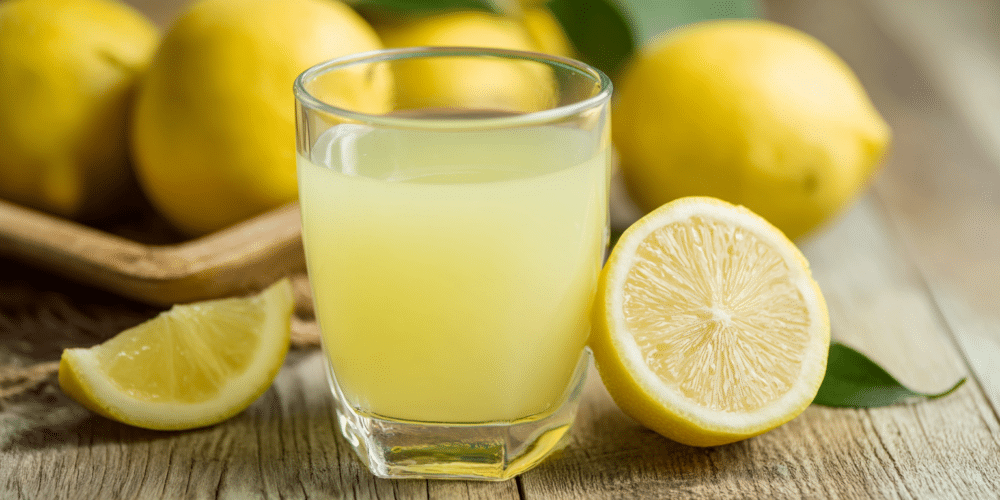
Lemon juice is a true miracle cleanser for the kidneys. Its power lies in its high concentration of citrate. Citrate is a natural inhibitor of calcium oxalate kidney stones. It works in two ways: first, it binds with calcium in the urine, reducing the chances of stone formation. Second, it can prevent tiny crystals that have already formed from binding together and growing into larger, more problematic stones. Some studies even suggest that citrate can help break down small stones that already exist.
A simple yet incredibly effective daily habit is to squeeze about half a lemon into a glass of warm or cold water and drink it first thing in the morning. This not only helps to continuously flush your kidneys and prevent stone formation but also provides a good dose of Vitamin C and helps to alkalize your body, creating a less favorable environment for disease.
10. Ginger and Turmeric: The Anti-Inflammatory Duo

Think of ginger and turmeric as a dynamic duo for your health. These two roots are celebrated for their powerful anti-inflammatory properties, which are incredibly beneficial for your kidneys. Chronic inflammation is a major driver of kidney disease, so anything you can do to calm it down is a huge win. The active compound in turmeric, curcumin, and the active compounds in ginger, like gingerol, are potent anti-inflammatories that can help soothe irritation throughout your body, including in these vital organs.
Beyond inflammation, this pair also helps cleanse the kidneys by improving digestion and circulation. Better digestion means fewer toxins are absorbed into your bloodstream in the first place, lightening the load on your kidneys. They also have antimicrobial properties, helping to wash away harmful pathogens from your system. You can easily make a tea by simmering fresh slices of ginger and turmeric root in hot water, or add the powdered spices to smoothies, soups, and curries.
9. Marshmallow Root: The Soothing Diuretic
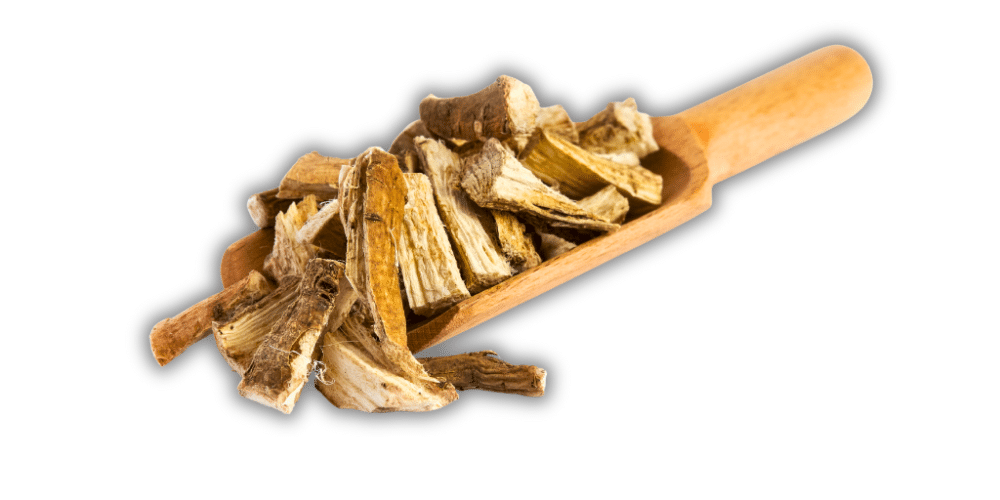
Don’t confuse this with the fluffy white campfire treats. Marshmallow root is a medicinal herb that has been used for centuries for its soothing and healing properties. For your kidneys, its primary benefit is that it acts as a natural diuretic. A diuretic is a substance that helps increase the flow of urine, which is your body’s primary mechanism for flushing out waste products, excess minerals, and toxins from the kidneys.
By promoting urination, marshmallow root helps to gently cleanse the system and prevent the buildup that can lead to kidney problems. It also has soothing, emollient properties, which can help calm any irritation in the urinary tract. This makes it particularly helpful for people who experience frequent urinary discomfort. You can find marshmallow root as a tea or in tincture form at most health food stores.
8. Celery: The Hydrating Cleanser
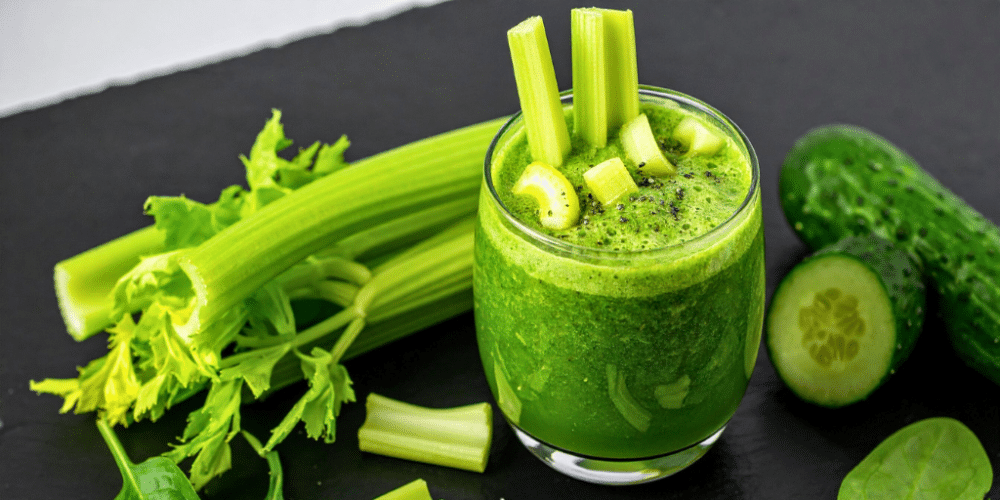
Celery is more than just a crunchy, low-calorie snack. The entire plant—stalks, leaves, and especially the root—is packed with properties that support kidney health. Like marshmallow root, celery is a natural diuretic, helping to increase urine output and flush harmful materials from your body. This is why you might notice you have to urinate more frequently after eating a lot of celery or drinking celery juice.
What makes celery particularly special is that it also contains vital nutrients that stimulate kidney function, including a balanced profile of sodium and potassium. These electrolytes are essential for maintaining the proper fluid balance in your body, a task managed directly by your kidneys. By providing these nutrients in a natural, whole-food form, you are giving your kidneys the raw materials they need to perform their job optimally.
7. Parsley: The Germ-Fighting Green

Often relegated to a simple garnish, parsley is a surprisingly powerful medicinal herb. It’s another excellent natural diuretic that helps to cleanse the kidneys by increasing urination and flushing out toxins. But parsley goes a step further by helping to address chronic, low-grade germs that can stagnate within the kidneys and urinary tract.
Compounds in parsley, such as apiol and myristicin, have been shown to have antibacterial properties. This can help reduce the bacterial load in your kidneys, preventing infections and the inflammation that comes with them. Don’t just push it to the side of your plate; chop it up and add it generously to salads, sauces, and smoothies to reap its cleansing benefits.

